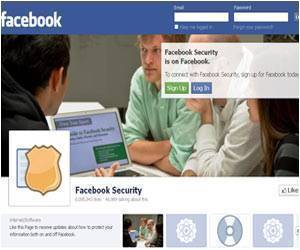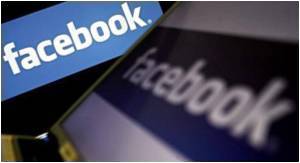
"With the holidays approaching, and families gathering all over the world, we wanted to understand how parents and children on Facebook communicate," CNN quoted a post, which crunches friend requests, conversations and other Facebook data from the past two months, as saying.
"We are happy to see that our data surfaces the affection, care, and closeness of family ties," it added.
According to the Facebook data, more than 65 percent of friendships between 13-year-olds and their parents are initiated by the child, but the older the teenager gets, the less likely he or she is to be the one sending the friend request.
However, as kids grow into their 30s and 40s, they begin friending their parents more often again, the report said.
The firm also found moms and dads initiate parent-child conversations more often than their teenage kids. For daughters, this imbalance evens out by the time they hit 30 and are messaging their parents as often as they receive messages in return. Sons, however, however, take twice as long-until age 60 -- to come around, Facebook noted.
Advertisement
Among the most common phrases from parents: "I'm so proud, "all my heart," "well done," "proud of you" and "call me," Facebook said.
Advertisement
Source-ANI







